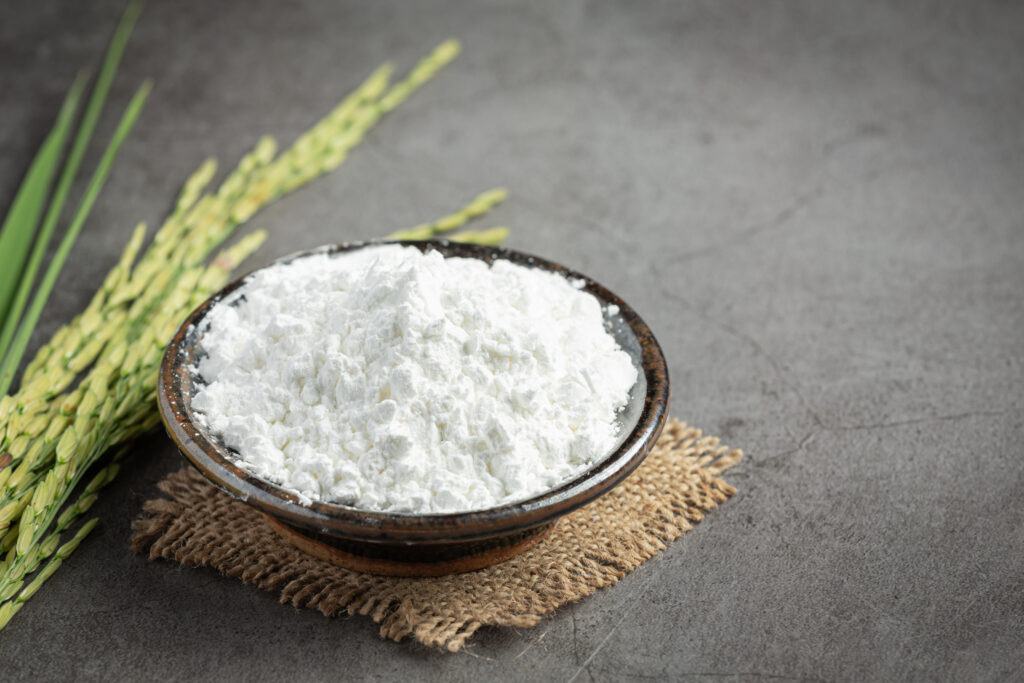Keeping animals healthy is no easy task especially in today’s high-demand farming systems. From respiratory diseases in poultry to digestive issues in pigs, animal health challenges can impact your bottom line fast.
That’s where Tylosin comes into the picture. You might’ve heard the name tossed around at the feed store or in vet clinics, but what exactly is it? And why has it become such an important tool in livestock management?
Let’s break it down, nice and easy.
A Quick Peek Into Animal Health Management
Running a livestock farm means managing a constant balancing act: feeding, growing, treating, and preventing diseases all while trying to make a profit. Diseases can slow growth, increase feed costs, and sometimes even wipe out entire batches of animals.
That’s why using veterinary tools like antibiotics (wisely!) can help maintain both health and efficiency.
So, What Exactly is Tylosin?
Tylosin is a macrolide antibiotic basically, it’s part of a class of antibiotics that work well against certain bacteria. It’s been around since the 1960s and is derived from Streptomyces fradiae, a natural actinomycete (a fancy term for a good bacteria that makes antibiotics).
You’ll often find Tylosin in these forms:
- Tylosin Tartrate (used in water-based solutions)
- Tylosin Phosphate (commonly used in feed premixes)
- Tylosin Base (used in injectable forms)
Each has its own purpose, depending on the species and method of treatment
How Does Tylosin Actually Work?
Think of it like this: bacteria are little protein factories. Tylosin comes in and jams up their machinery specifically, it inhibits protein synthesis, which stops the bacteria from multiplying.
It’s especially effective against:
- Gram-positive bacteria
- Mycoplasmas (the sneaky ones with no cell wall)
Why Farmers Swear By Tylosin
Now, here’s where things get interesting. Tylosin isn’t just used to treat sick animals. It’s also a key part of keeping animals productive and thriving.
Here’s how:
- Improves gut health by managing harmful bacteria
- Prevents infections, especially in high-stress conditions like transportation or overcrowding
- Boosts feed efficiency animals convert feed to weight faster
- Reduces disease-related losses in swine and poultry
- Helps in faster recovery from respiratory and gut infections
In short, it’s a quiet workhorse that keeps your animals healthy and your profits stable.
Where and How Tylosin Is Commonly Used
Let’s get species-specific:
- Poultry: It’s a go-to for managing Chronic Respiratory Disease (CRD) caused by Mycoplasma gallisepticum
- Swine: Widely used to treat ileitis and swine dysentery, both gut-related problems
- Cattle: Helps control liver abscesses and respiratory infections, especially in feedlot operations
- Pets: Under veterinary supervision, it’s sometimes used to treat colitis in dogs and cats
Tylosin’s versatility across animal types is one of its biggest strengths.
Tylosin in Feed Additives and Premixes
At Dr Katre Premix Lab, we formulate Tylosin Phosphate premixes to be included directly into feed. These are especially handy for large operations where medicating individual animals just isn’t practical.
Here’s what to keep in mind:
- Dosage depends on species, age, and condition being treated
- Always follow veterinary guidelines or product labels
- Be mindful of local regulations and usage limits
Safety First: Withdrawal Periods & Veterinary Guidance
One thing to never skip over: withdrawal periods. These are the number of days you must wait after treatment before slaughtering animals or selling their milk.
Why? Because nobody wants antibiotic residues in their meat or dairy.
Also, always use Tylosin under a licensed vet’s supervision. This ensures safe use and proper results while avoiding resistance issues.
But Wait, What About Resistance?
Ah yes, the big elephant in the barn: antibiotic resistance. Overusing or misusing antibiotics can cause bacteria to become resistant, making treatments less effective over time.
Here’s how you can help:
- Use only when necessary
- Rotate with other medications
- Explore probiotics or herbal alternatives when appropriate
- Stick to proper dosages and durations
Being responsible today means safer and more sustainable farming tomorrow.
Final Thoughts: Why Tylosin Still Matters
Tylosin remains a key player in animal health management, especially when used wisely. From preventing diseases to supporting better growth and recovery, it brings real value to livestock operations.
At Dr Katre Premix Lab, we understand how important it is to combine efficacy, safety, and science in our products. Whether you’re raising poultry, pigs, or cattle, our Tylosin-based formulations are crafted to meet your animals’ needs while helping your farm thrive.
So, the next time you hear the word “Tylosin,” you’ll know it’s not just an antibiotic. It’s part of the foundation of modern, healthy, profitable livestock farming.


